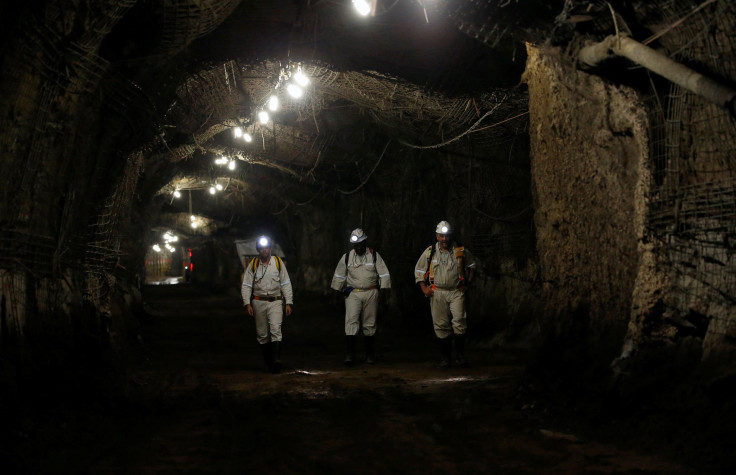Coal exports disrupted by Cyclone Debbie expected to improve

Queensland’s coal exports are expected to see an improvement later in the week. Following the disaster left behind in the wake of Cyclone Debbie, repair work of rail links responsible for transporting millions of tonnes of coal to port is underway.
The demand for good-quality coking coal coming from the state accounts for 15 percent of the total global demand. The shuttering of mines in the aftermath of the cyclone left traders wondering if the impact caused by Debbie would be anywhere close to that of the 2011 Cyclone Yasi, which caused the coking coal spot price to rise as high as US$400 a tonne.
Coking coal prices have been on a steady increase since Debbie struck Queensland. Shuttering of mines and railways will cause the prices to increase. According to the Steel Index, the price of hard coking coal grew by almost 100 percent to settle at US$283.10 a metric tonne. This was the highest recorded level since Dec. 9.
While Whitehaven Coal sells in coal on contract, its shares went up by 2.4 percent. South32 saw an increase of 2.2 percent. The company was not affected by the disaster. However, mining giants like BHP Billiton and Glencore declared force majeure. According to the Insurance Council, the total amount of loss as a result of Cyclone Debbie is estimated to be more than $1 billion.
Nevertheless, the price hike was restricted as a result of large stockpiles at Chinese ports. As noted by IHS McCloskey, spot trades of coking coal ranged between US$280 a tonne and US$290 a tonne. Steaming coal, shipped from Newcastle, increase from US$80 a tonne to US$90 a tonne. Analysts at UBS said earlier this week a lack of supply could increase the price of coal by $100.
Rail line linking Goonyella to the Dalrymple Bay and Hay Point terminals sustained the heaviest damage from the cyclone. Aurizon Holdings Ltd announced the reparation process could take an estimated five weeks.
"The [Blackwater] network is expected to operate under restricted conditions with some reduced capacity," it said. "Recovery and repairs are being undertaken at multiple sites along the Blackwater corridor." The company said mines using western sections of the Goonyella system can transport some of the coal north to Abbot Point or south through the Blackwater system to the Port of Gladstone.
Source: YouTube/ABC News (Australia)





















